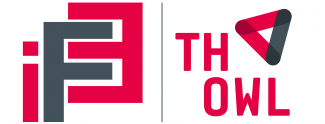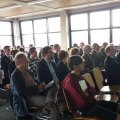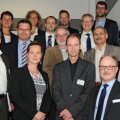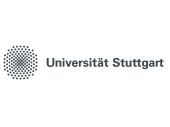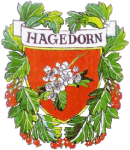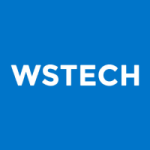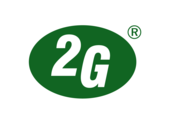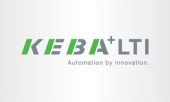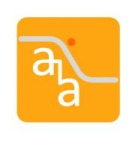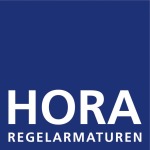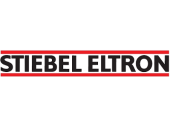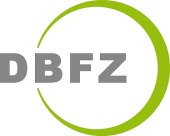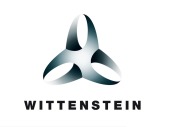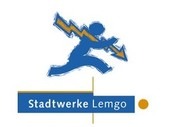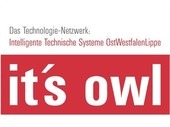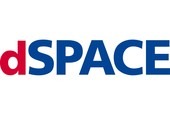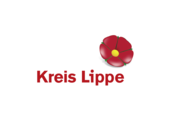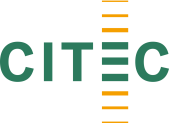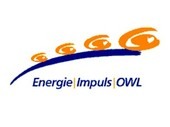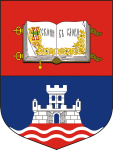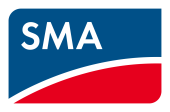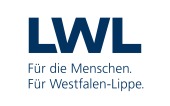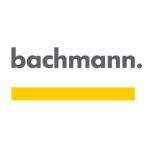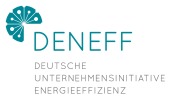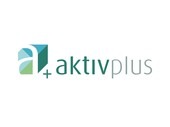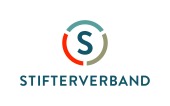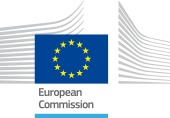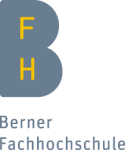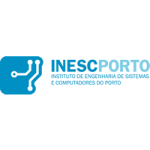Symposium Environment & Resources - Research Together - Work Interdisciplinarily
Timespan
-
The first internal symposium, "Environment & Resources", on 28.09.2017 offered the opportunity to exchange ideas and network with colleagues from the "Environment & Resources" research node at the OWL University of Applied Sciences (OWL UAS). After a keynote speech by Arnd Oberscheven, Managing Director of Stadtwerke Lemgo, at the beginning of the event, around 50 participants took part in various lectures and workshops that focused on the work priorities and projects of individuals as well as addressing the future cooperation of all those involved in the research node at OWL UAS.
It has already been shown in the past that active and cross-location cooperation is desired, but sometimes difficult to achieve against the background of day-to-day business. And so it was certainly the essence and the declared goal of the symposium
- to facilitate research transfer between disciplines, research focuses and working groups,
- to explore potential collaborations between the researchers and
- to promote internal networking.
After a short welcome by Prof. Thomas Schulte, Arnd Oberscheven, Managing Director of Stadtwerke Lemgo, took the floor. He reported on the future challenges of an energy supplier, for example in the field of ecological energy production and use as well as the stability of energy networks. "The need for research here is enormous, because the public utilities operate in the framework set by politics and law, which can be favoured by the development of new technologies", said Oberscheven.
Afterwards the lectures and workshops took place. A total of eight speakers from the Detmold School of Architecture and Interior Design, Life Science Technologies, Electrical Engineering, Computer Engineering, Environmental Engineering and Applied Computer Science as well as Landscape Architecture and Environmental Planning faculties provided insights into their current research projects and work areas. In addition to the thematic insights, it was also important to find out what expectations, experiences and ideas for future cooperation in the Environment & Resources research node the colleagues had brought with them. In particular, the focus was on the transfer of research results into society, teaching and research itself. "Today's event was meant to be a pilot to explore the fundamental interest and possible formats of future collaboration," Schulte said in his closing statement to the event. Ultimately, there would only be a further development in the area of environment and resources, if the interdisciplinary cooperation benefits from lively research activity and the topicality of the research topics. "Furthermore," says Schulte, "it is also in the interest of all participants to offer new impulses for the promotion of young talent, both in the form of university staff and students. Joint activities are therefore important for the internal and external perception of the research node.
Afterwards the lectures and workshops took place. A total of eight speakers from the Detmold School of Architecture and Interior Design, Life Science Technologies, Electrical Engineering, Computer Engineering, Environmental Engineering and Applied Computer Science as well as Landscape Architecture and Environmental Planning faculties provided insights into their current research projects and work areas. In addition to the thematic insights, it was also important to find out what expectations, experiences and ideas for future cooperation in the Environment & Resources research node the colleagues had brought with them. In particular, the focus was on the transfer of research results into society, teaching and research itself. "Today's event was meant to be a pilot to explore the fundamental interest and possible formats of future collaboration," Schulte said in his closing statement to the event. Ultimately, there would only be a further development in the area of environment and resources, if the interdisciplinary cooperation benefits from lively research activity and the topicality of the research topics. "Furthermore," says Schulte, "it is also in the interest of all participants to offer new impulses for the promotion of young talent, both in the form of university staff and students. Joint activities are therefore important for the internal and external perception of the research node.
The desire for further cooperation was strongly affirmed by all participants. The basis for an ongoing exchange was created - now only the implementation remains!
